At the end of an interview on the day his latest novel City In Ruins hits physical and digital shelves, 70-year-old Don Winslow is asked whether there’s anything that wasn’t covered over the course of the conversation he think it’s important for people to know. Winslow, who worked as a private investigator in New York City after attending college at the University of Nebraska and spent years working other jobs before he’d sold enough books to be able to afford to write full-time, chuckles.
“That’s funny. When I used to interview witnesses that was always my last question. You’d be surprised at some of the answers that I got,” he tells InsideHook. “My first question was always ‘Tell me about it’ because I didn’t want to impose my own perceptions on a witness. No, I think we’ve covered it.”
What Winslow didn’t want to do as investigator he’s certainly done as an author, as his perceptions of the world have been imposed on readers over the course of a career that has covered three decades and produced more than 20 crime novels. Winslow’s work has introduced readers to Mexican drug kingpins, Mafia Dons, crooked cops, mob hitmen, big-screen starlets, FBI agents, artists, junkies and journalists.
Danny Ryan, the main character in the just-completed trilogy that bears his name, has done everything from working on the docks in Rhode Island to pulling hits for the Irish mob to investing in Hollywood movies with stolen drug money. By time readers catch up with Ryan, who’s also a widower and a father, in City In Ruins, he’s a casino and hotel mogul in Las Vegas.
Where Ryan goes from there will be his final journey regardless of where it ends up, as Winslow has made it known the final book of Ryan’s trilogy, which he began working on in the ’90s but didn’t start publishing until 2022, will be his last novel and that he intends to devote more of his time to political activism ahead of November’s election. “I’m old enough to know never say never, but my decision’s pretty firm,” he says.
WIth Winslow’s career as a novelist at an end, we spoke with him about his work, his relationship with his characters and how it will be spending time in the real world instead of one of his own creation.
InsideHook: You’ve been with Danny Ryan since the ’90s. Is it hard to break off a relationship like that?
Don Winslow: It’s a little hard sometimes. It’s funny. With characters like Art Keller from my Cartel Trilogy and Danny Ryan, I’ve spent more time with them than I’ve spent with any real people in my life, with the exception of my wife. So it can be difficult. It’s a little sad. And yet, you don’t want to run these characters forever. They have an arc, and that arc is typically three acts. So you know when it’s coming to an end and when it’s time to let them live their lives.
What Makes “Goodfellas” So Utterly Rewatchable, 30 Years Later?
Glenn Kenny, author of “Made Men: The Story of Goodfellas,” takes us inside the 1990 masterpieceIH: Have you ever had to kill off a character that you didn’t want to in order to make the story work?
DW: Yes, I have. I think of one in particular. There was a character named Pablo Mora who was a journalist in one of my Cartel books. I became really fond of him. I originally thought he was going to be a minor character, but he really took over and became a major character. In his case, more than 200 Mexican journalists have been murdered covering the drug wars. So it would’ve been a cop-out if he had lived. It wouldn’t have reflected the real situation and given people an emotional understanding, if you will, of what was going on there. I knew I had to kill him, but I didn’t want to. So, that does happen.
IH: Did you always know City In Ruins and the Ryan trilogy was how you wanted to finish your career?
I always knew it was going to be three books. Danny’s life tracks along with the life of Aeneas from the Iliad and the Aeneid, so I knew what his three acts were. First he’s in a war, then he’s a fugitive and then he builds an empire and has to defend it. I knew that. The issue was what his empire would be in contemporary America as opposed to ancient Rome. In terms of deciding to retire, I’ve worked on that trilogy for 30 years. I’d pick it up and put it down and pick it up and put it down and start again. My now-married son was a toddler when I started Danny. I finally felt I got it right. Completing that felt like an ending to me.
IH: Do you think it’ll be difficult interacting with real people more often than your characters now?
DW: It already is a little bit. My wife and I joke about it. I say, “Look, eventually everyone in my other world will do what I say, or I delete them. They’ll say what I want them to say.” My wife resolutely refuses to speak the lines I would write for her in my head. So yeah, maybe.
IH: Will you enjoy what you’re going to do next as much as writing?
DW: I don’t know yet because it hasn’t happened yet. I’ll let you know. What I’m going to do at least through November is focus on political commentary. We do a lot of videos on social media. I feel that the upcoming election is of critical importance to the United States, so I’ll be really involved with that. I think if Donald Trump is elected president, I don’t think we’ll recognize this country. I think it will inflict a wound on this country from which we may never heal. Who knows what it will look like, but it wouldn’t be good.
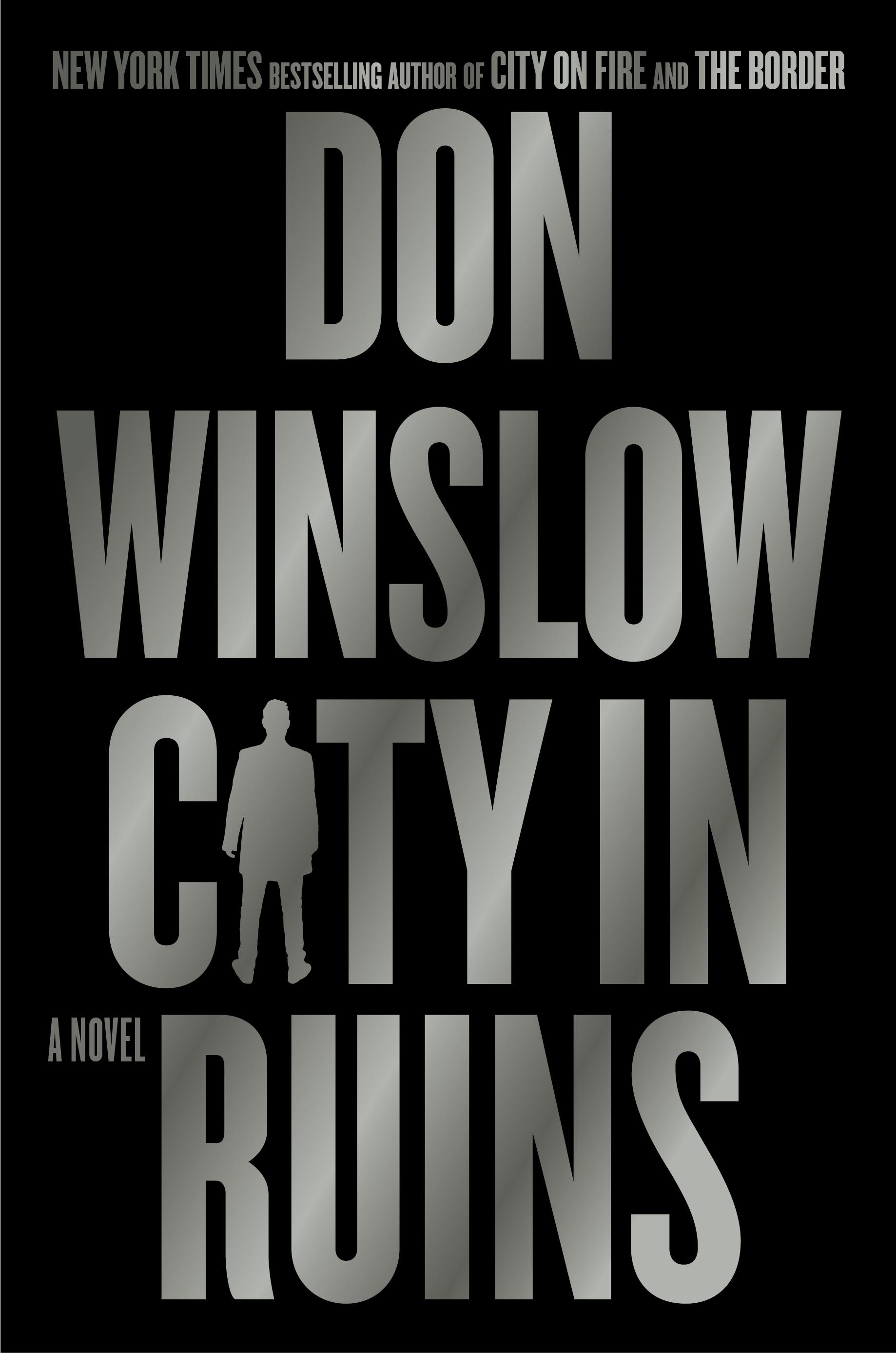
IH: What’s it like knowing you’re influencing the next wave of writers as opposed to being influenced?
DW: Kind of crazy to think about, isn’t it? I’ve just started to experience that over the past few years. It’s gratifying. There are so many really good young writers coming up, and that’s exciting. But it doesn’t feel like that long ago when I was that guy looking up to older writers thinking, “God, I wish I could write like them.” Elmore Leonard and Lawrence Block and James Ellroy and a bunch of other guys. Jim Harrison. I think he’s one of the greatest American authors who maybe hasn’t received his full due.
IH: How powerfully can fiction influence the way we think about the world and our real-life decisions?
DW: Well, I think it can quite a bit because it can do things that journalism can’t. I’m allowed to imagine the inner lives of these characters in a way journalists shouldn’t. I can make up dialogue, I can make up what they’re thinking and what they’re feeling. I try to keep that as realistic as absolutely possible because I think sometimes fiction that’s realistic can get a reader closer to the scene in some ways than journalism to the point where they gain an understanding of what these people are going through. Headlines have a way of becoming cliches. “Illegal Immigrants.” It’s one thing to think about a stereotypical immigrant, but it’s another thing if I can get you to share a boy’s journey from Central America up into the United States. “Opioid Epidemic” or “Heroin Addict.” It becomes, again, a cliche. But if I can get you to spend some time very intimately and closely with a young woman addicted to heroin, I think you’re going to see both of those situations somewhat differently.
IH: Is there one central characteristic or theme that ties all of your work together?
DW: I think so. The central question of crime fiction for me is how does one try to live decently in an indecent world? So I often have characters with good intentions that they’re not always able to carry out. I like characters that have internal conflict. I like characters who are morally flawed. I’m not trying to write white knights. At the same time, I’m not trying to write totally dark villains. I like those ambiguities. I think that that is reality, and I tend to write realistic fiction.
This article was featured in the InsideHook newsletter. Sign up now.
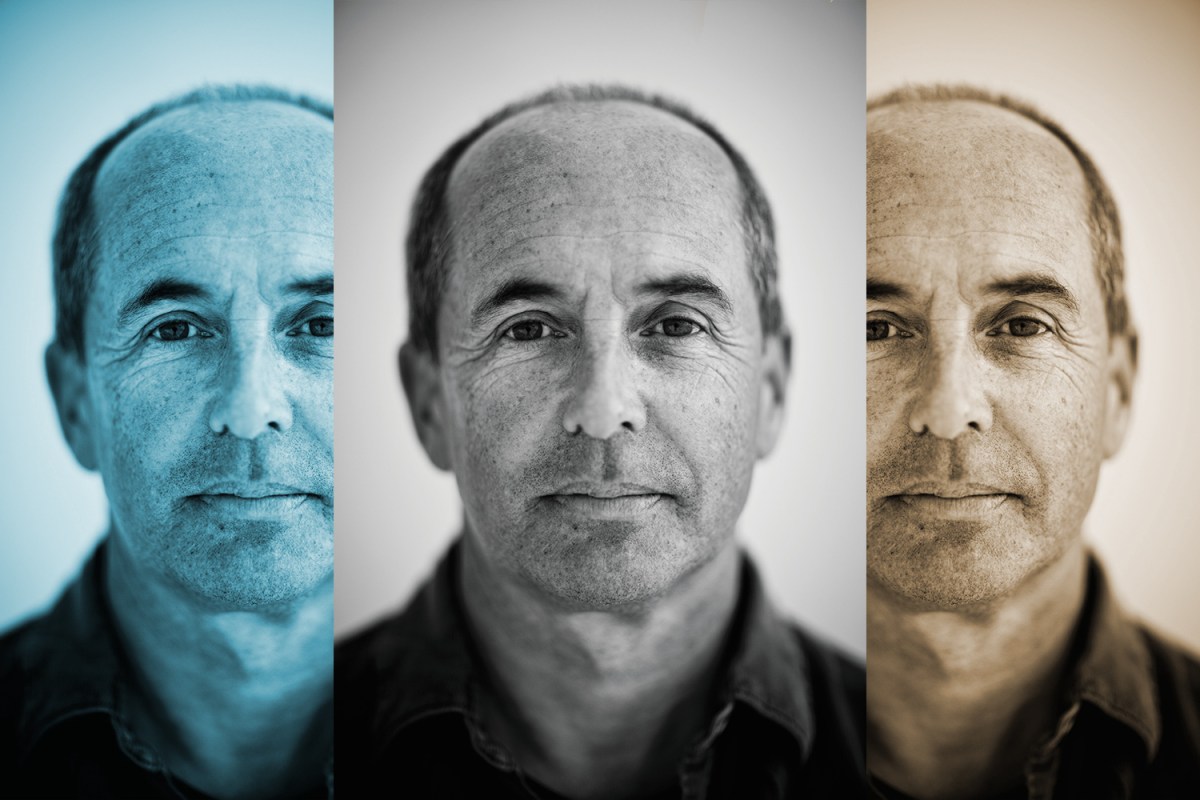
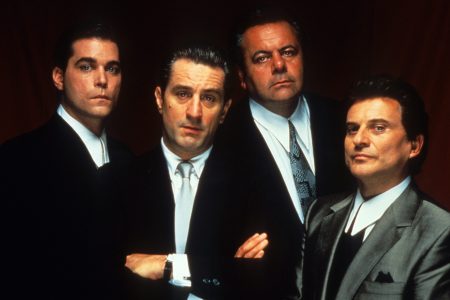
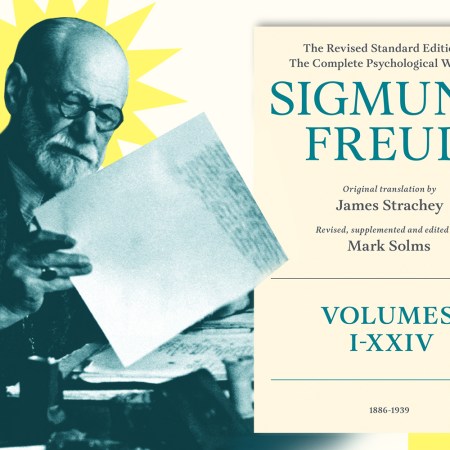
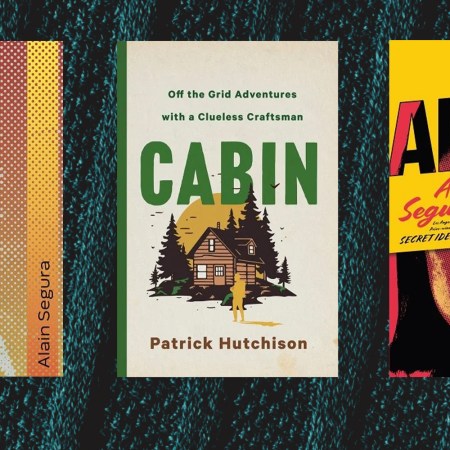















![[L-R] Bill Berry, Michael Stipe, Mike Mills and Peter Buck of R.E.M. at the Aragon Ballroom in Chicago, Illinois on July 7, 1984.](https://www.insidehook.com/wp-content/uploads/2024/12/rem-book-interview.jpg?resize=750%2C750)





